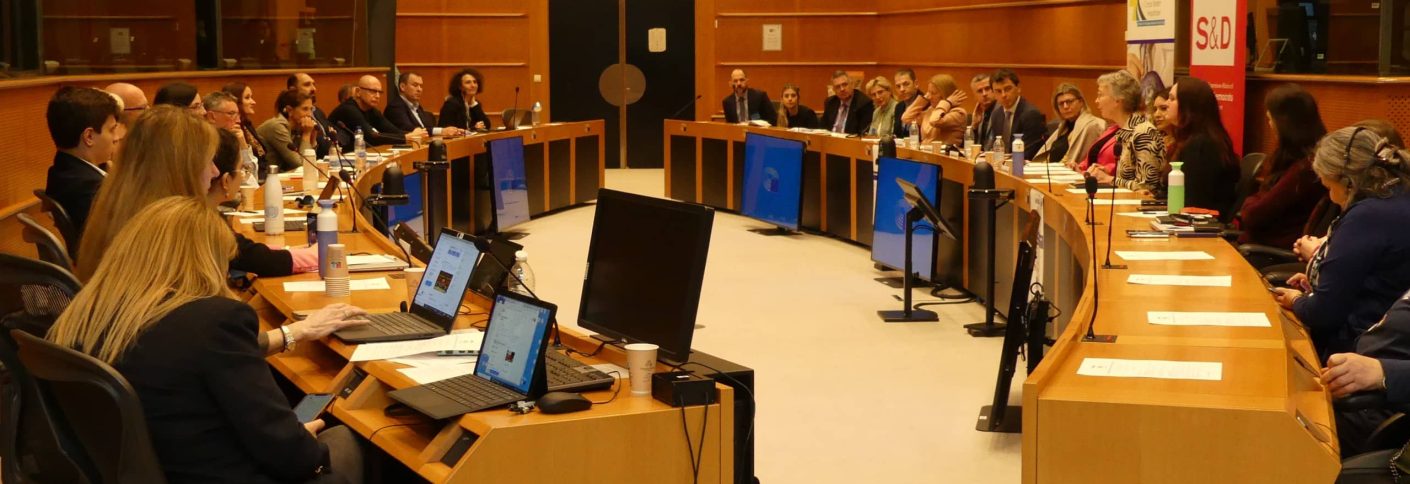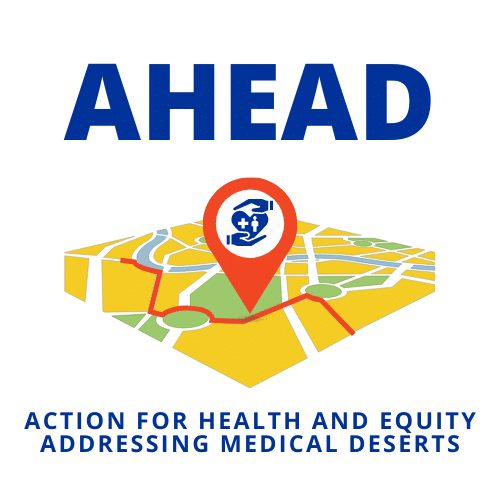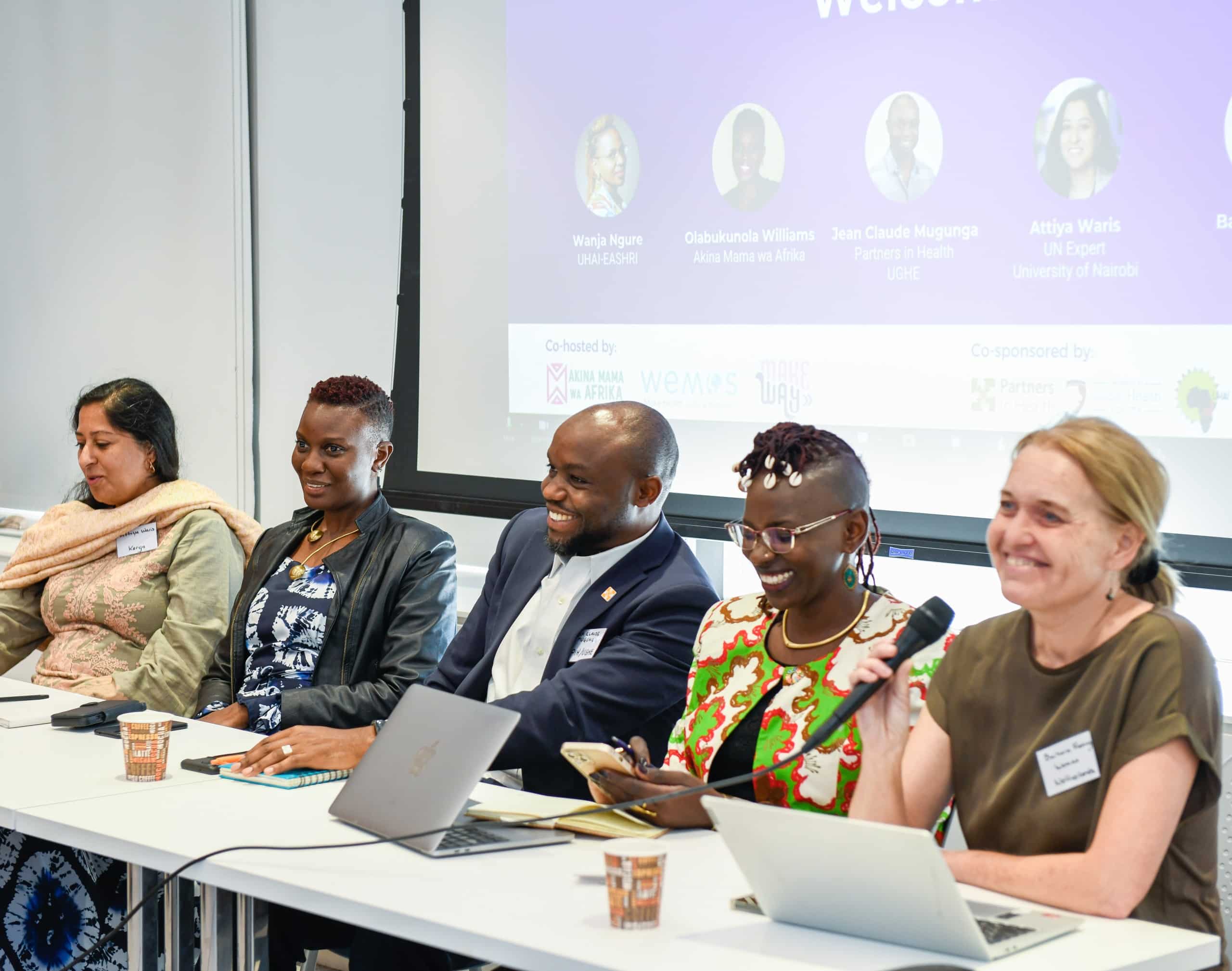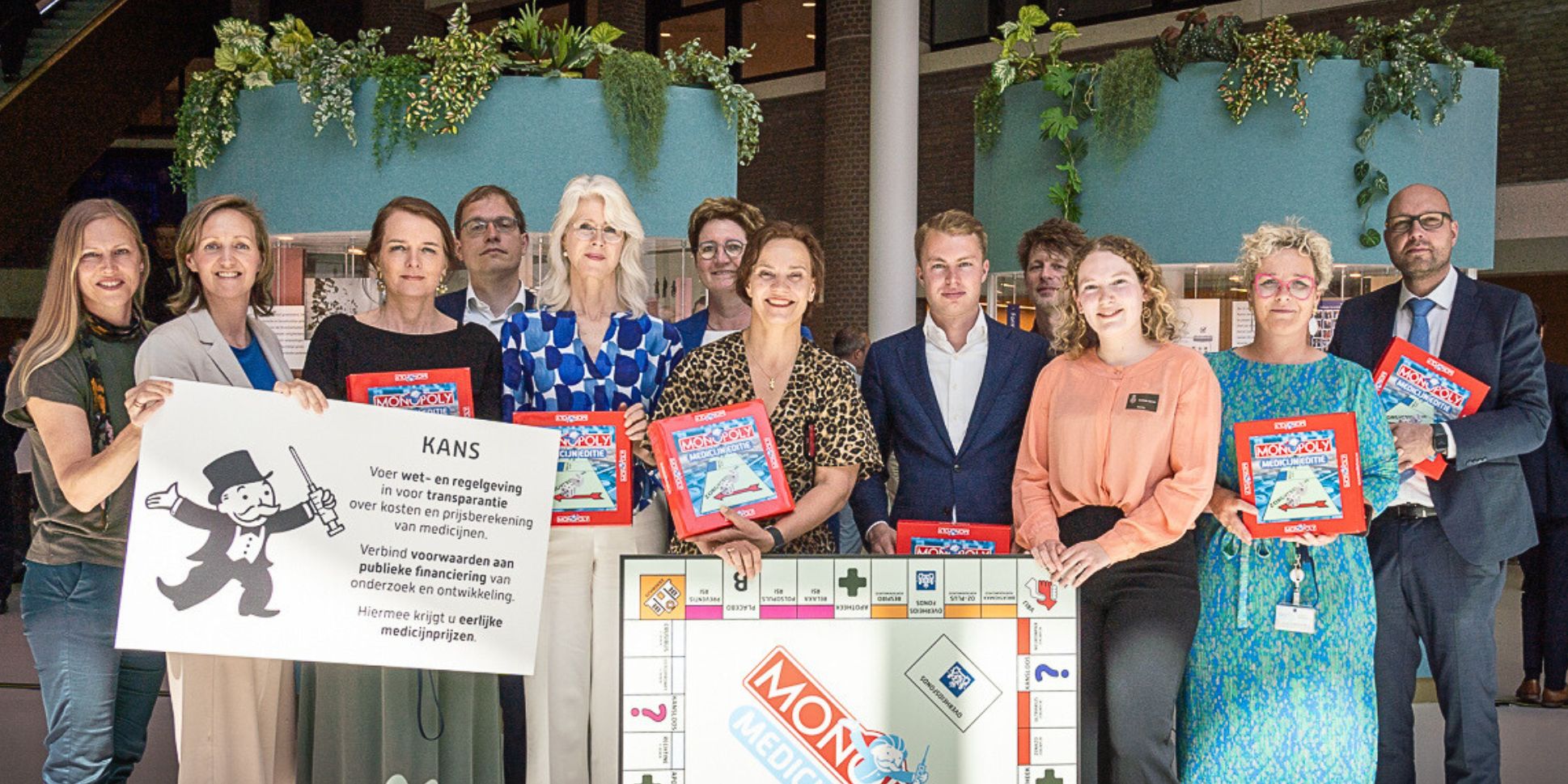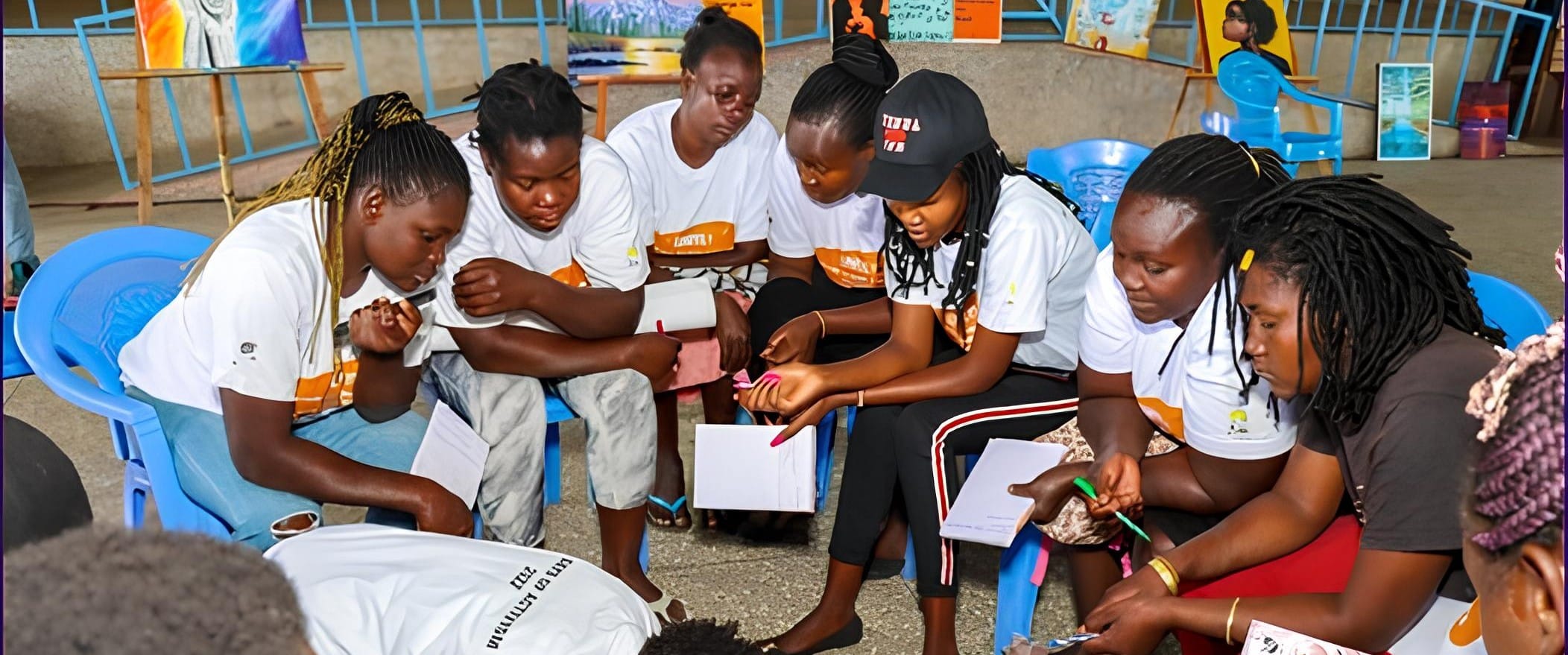
Addressing medical deserts in Europe
Project name: Action for Health and Equity: Addressing medical Deserts project (AHEAD)
Project period: April 2021 – May 2023
Project partners: Center for Health Policies and Services (Romania), Cittadinanzattiva (Italy), Media Education Centre (Serbia), National School of Public Health Management (Moldova), VU Athena Institute (Netherlands) and Wemos (lead organization).
With the AHEAD project, we contributed to policymakers’ understanding of medical deserts in Europe. They increasingly acknowledge the urgency to address Europe’s health workforce crisis.

